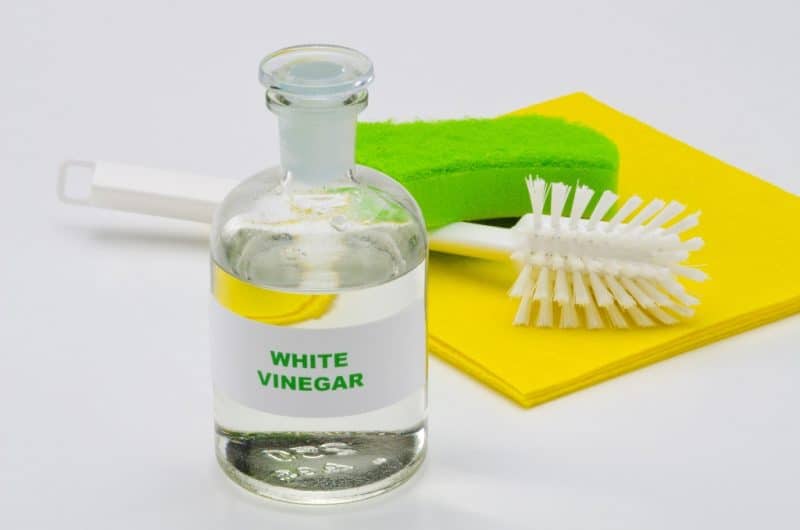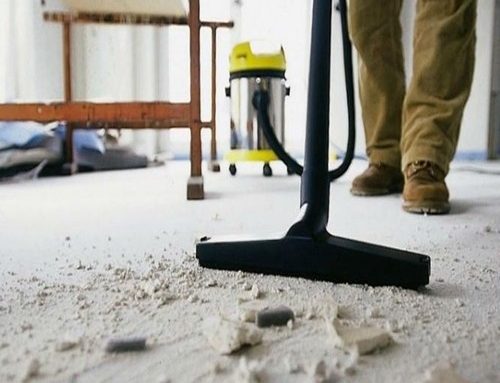Vinegar has been touted as a high performing cleaning product seemingly since the dawn of time…….almost literally I have since found out.
Before I sat down to write this blog, I pondered if I actually truly knew what vinegar even was. Before suggesting it for cleaning tips, I had gathered that it was acidic but didn’t really know much about it. So, firstly………………..
What is vinegar?
The origin of vinegar. Born from the marriage of alcohol and time, vinegar is the result of a wonderful natural alchemy which sharpens wine and turns it sour, hence the name, originally from the French ‘vin-aigre’ (sour wine).
Vinegar is a liquid consisting of about 5–20% acetic acid (CH3COOH), water, and other trace chemicals, which may include flavorings. The acetic acid is produced by the fermentation of ethanol by acetic acid bacteria. Vinegar is now mainly used as a cooking ingredient, or in pickling. As the most easily manufactured mild acid, it has historically had a great variety of industrial, medical, and domestic uses, some of which (such as its use as a general household cleaner) are still commonly practiced today.
History also states that before 5000 BC, a civilization of ancient Babylonia used vinegar as a cleaning agent. The Babylonians later discovered that vinegar slows or stops the action of bacteria that spoils food and so they started using it as a preservative.
Hmmm, so vinegar virtually has been used as a cleaning agent since the dawn of time!
Vinegar as a cleaner
There are hundreds of cleaning jobs around the home that we can use vinegar for but I have included a few here for you to consider:
- To keep your car windows ice and frost free when left outside overnight in the winter time, mix three parts vinegar to one part water, put it in a spray bottle and spray on the windows as needed.
- To clean your shower curtain, wash it in the washing machine with about one cup each of vinegar and bleach, some white towels and a normal amount of washing powder. Adding fabric softener will help keep the curtain clean. When the load is done, return the curtains to their place in the bathroom to drip dry. The wrinkles will disappear in a day or so. (Check your washing machine manual to ensure it’s okay to use bleach).
- Most people buy specific products to get rid of mould in their homes, but you may find some relief from a product you already have in your kitchen. Combine bi-carb with a bit of vinegar and scrub away mould with a brush.
- The inside of a dishwasher should be cleaned monthly. It is a perfect place for fungi and black yeast to grow. Pour vinegar into a dishwasher-safe cup and place it on the top rack of the dishwasher (empty) and run it for a full cycle at a hot temperature.
- Gloves can be very unhygienic. It is crucial to keep gloves clean and dry when being stored in the cupboard – they must also be changed regularly, at least once a month to minimise bacteria growth. To clean, place them in the basin in hot water with two spoons of vinegar, a small amount of detergent and let them soak for 10 – 15 minutes. Rinse them thoroughly and then dry them in a cool place.
- Non-toxic toilet cleaner. Before you go to bed, sprinkle 1 cup of bi-carb around your toilet bowl, then drizzle with 1/2 cup white vinegar. Leave overnight before scrubbing with a toilet brush.
- Sick of spotty dishes coming out of the dishwasher? Forget chemical rinsing agents, simply add 1 – 1 1/2 cups white vinegar to the rinse compartment of your automatic dishwasher, then wash dishes as usual. Magic!
- As a glass and window cleaner, mix 1/4 cup white vinegar, 1 tablespoon cornstarch and 2 cups warm water in a spray bottle and shake well to dissolve cornstarch. Spray generously onto glass surface then wipe dry with a clean cloth or old newspapers, buffing to a streak-free shine. I am not really sure why but newspapers always leave a streak free finish – perhaps it is something to do with the ink?
- For soft, fluffy fabrics, fill your washing machine with water, then add 14 cups baking soda. Add your clothing, then during the final rinse cycle, add 1/2 cup white vinegar (pour it into the softener dispenser if you have one)
- Drains taking a long time to clear? Keep them clog-free by pouring 1/2 cup baking soda down the drain, followed by 1 cup white vinegar. Allow the mixture to fizz for several minutes, then flush down a litre of hot water. Do this weekly to keep drains in good running order.
When is vinegar not a good cleaner?
There are times when vinegar is not necessarily a good cleaning product to reach for as it requires more elbow grease in certain cases. A study I read published by the Journal of Environmental Healthsuggests:
“Vinegar was more effective in reducing microbial contamination than the other alternative cleaners but was least effective in removing soil. All of the cleaners, including water, could conceivably have removed the soil from the tiles with enough cleaning strokes. Therefore, consumers who wish to use alternative cleaners may find them effective in removing soil if they are willing to work harder”.
Here are some cleaning jobs that you shouldn’t use vinegar for:
1. Granite and marble countertops
“The acid in vinegar can etch natural stone,” says Carolyn Forte, director of the Home Appliances and Cleaning Products lab at the Good Housekeeping Research Institute. Use a mild liquid dish detergent and warm water instead.
2. Stone floor tiles
Just like countertops, the natural stone in your bathroom doesn’t take kindly to acidic cleaners, like vinegar and lemon. Avoid ammonia, too, and stick to cleaning with special stone soap, or dish detergent and water.
3. An egg stain or spill
If you drop an egg on the floor (or find that your house or car has been the victim of some rambunctious teens), don’t reach for the vinegar to help clean up. Just like when you poach an egg, the acidity can cause it to coagulate, making the egg more difficult to remove.
4. Your iron
“Vinegar can damage the internal parts of an iron,” says Forte. “So don’t pour it through to freshen and clean it out. To keep irons from clogging, empty them completely after use, and follow the manufacturer’s cleaning instructions.”
5. Hardwood floors
The jury’s still out on this one: Some homeowners find that vinegar solutions cleans their sealed hardwoods beautifully, but others report that it damages the finish. Our advice? Use a cleaner specifically formulated for hardwood. But if you want to try vinegar, always dilute with water and test it on an inconspicuous spot before you tackle an entire room.
6. Certain stubborn stains
Blot, sponge, and try as you might, grass stains, ink, ice cream, and blood won’t come out with vinegar alone, says Forte. They tend to set into the fabric quickly or just don’t respond to acid, so treat them with a prewash stain remover like Napisan , and launder with a detergent with enzymes (check the package — most stain-fighting detergents have them).
Hopefully by now you have a better understanding of not only what vinegar is and where it originated from but also where it fits into your cupboard as a versatile cleaning product for when you need to reach for it.
We have written a comprehensive free eBook to help people identify the best domestic cleaning contractor to suit their needs. If that sounds like good reading to you, then click below to download it!





